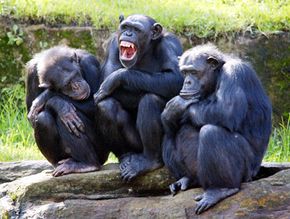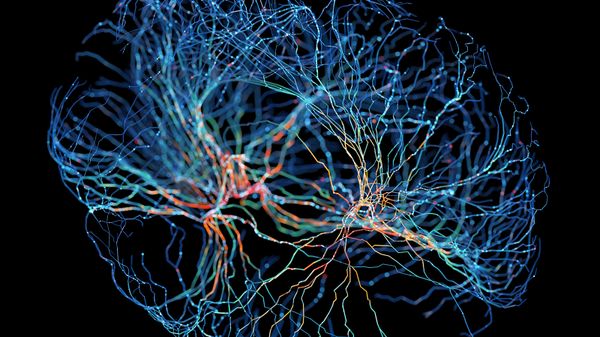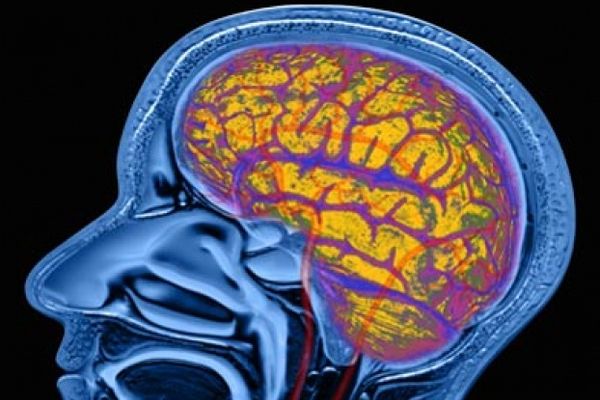If contagious yawning is the result of empathy, then contagious yawning wouldn't exist until the ability to empathize was learned. But what if empathy is never developed? Another study, lead by cognitive researcher Atsushi Senju, sought to answer that question.
People with autism spectrum disorder are considered to be developmentally impaired emotionally. Autistic people may have trouble connecting with others and find it difficult to feel empathy. If autistic people have difficulty feeling empathy, then, researchers hypothesized, they shouldn't be susceptible to contagious yawning.
Yawning Behavior in Autistic Children
To find out, Senju and his colleagues placed 48 kids ages 7 to 15 in a room with a television. Twenty-four of the test subjects had been diagnosed with autism spectrum disorder, the other half were not. Like the Kyoto chimp study, the test subjects were shown short clips of people yawning as well as clips of people opening their mouths but not yawning.
While the kids with autism had the same lack of reaction to both kinds of clips, the kids without autism yawned more after the clips of people yawning [source: BPS].
But there could be another interpretation to Senju's findings. Autistic people tend to focus on the mouths of people with whom they interact. But contagious yawning is thought to be cued — not by movements in the mouth area — but by changes to the area around the yawning person's eyes.
This could explain why autistic people are less susceptible to contagious yawning — perhaps they're just missing the cues.
Yawning Behavior in Autistic Adults
However, that notion is undermined by another study. Conducted by researchers at Yale University, this study examined the reactions of autistic adults while they watched emotionally charged scenes from the movie, "Who's Afraid of Virginia Woolf?"
Researchers found that those autistic people who watched the eyes of the characters didn't register any more emotional reaction than those who focused on the mouth. This indicates that contagious yawning amounts to more than just cues; the autistic people who watched the eyes received little information from the cues they found there [source: Yale].
Despite these studies, scientists have yet to find a definitive link between empathy and contagious yawning. In a 2017 systematic review, researchers found "a pattern of inconsistent and inconclusive evidence regarding the connection between contagious yawning and empathy" [source: Massen].
A Primal Theory
Perhaps the best explanation for why we yawn, as well as why yawning is contagious, can be found around the watering hole on the savannah tens of thousands of years ago.
Some scientists believe that yawning is an involuntary response to a stressful situation: When we yawn, we increase the blood flow to the brain, thus making us more alert.
Contagious yawning may be a method of quiet communication by which our ancestors spread the word that a hungry lion was nearby. Fear is an emotion with which we can empathize, and yawning may serve as a cue by which we spread that fear.
So, how many times have you yawned?



